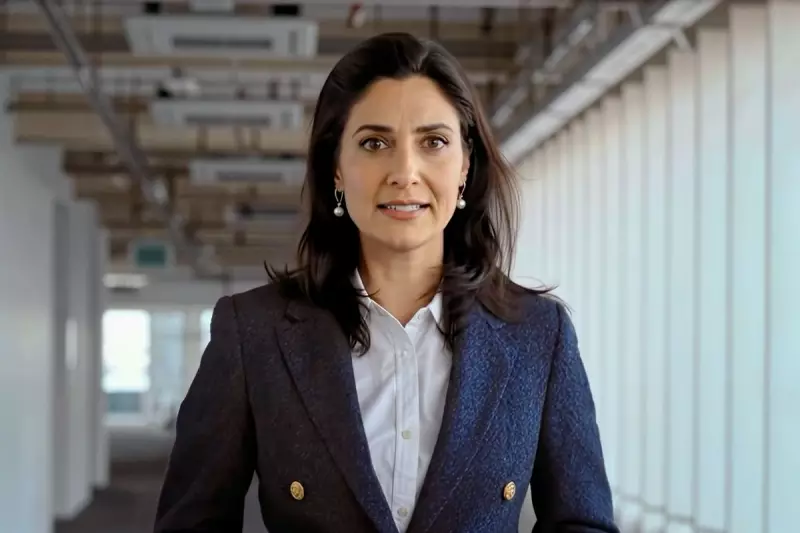
In a significant move to strengthen national resilience, the British government has deployed a specialised military liaison team across key Whitehall departments. This elite unit, comprising experienced officers from all three armed services, represents a groundbreaking approach to inter-departmental coordination during emergencies.
Strategic Integration for Enhanced Response
The team's mission focuses on bridging the gap between military expertise and civilian government operations. Stationed within critical ministries including the Cabinet Office, Department of Health, and Home Office, these officers bring real-time military planning capabilities to the heart of government decision-making.
This initiative marks a fundamental shift in how Britain prepares for complex emergencies, from natural disasters to security threats. The embedded officers serve as two-way communication channels, ensuring military resources can be rapidly deployed where most needed while civilian needs are properly understood by defence planners.
Building on Pandemic Lessons
The deployment follows lessons learned during the COVID-19 pandemic, where military support proved invaluable in logistics, planning, and rapid response operations. Unlike previous temporary arrangements, this represents a permanent enhancement to the government's crisis management structure.
Key responsibilities for the liaison team include:
- Coordinating emergency response planning across departments
- Facilitating rapid deployment of military assets during crises
- Providing expert advice on security and logistics matters
- Ensuring seamless communication between civil and military authorities
A Proactive Approach to National Security
Defence sources describe the move as "transformational" in how the UK approaches civil contingency planning. Rather than reacting to emergencies as they occur, the government is now building resilience into its daily operations.
This represents the most significant integration of military expertise into peacetime government operations in recent history, signalling a new era of preparedness in an increasingly uncertain global landscape.
The team's composition reflects the complex nature of modern emergencies, with experts in logistics, communications, and emergency planning working alongside career civil servants to build a more robust response capability for the nation.





